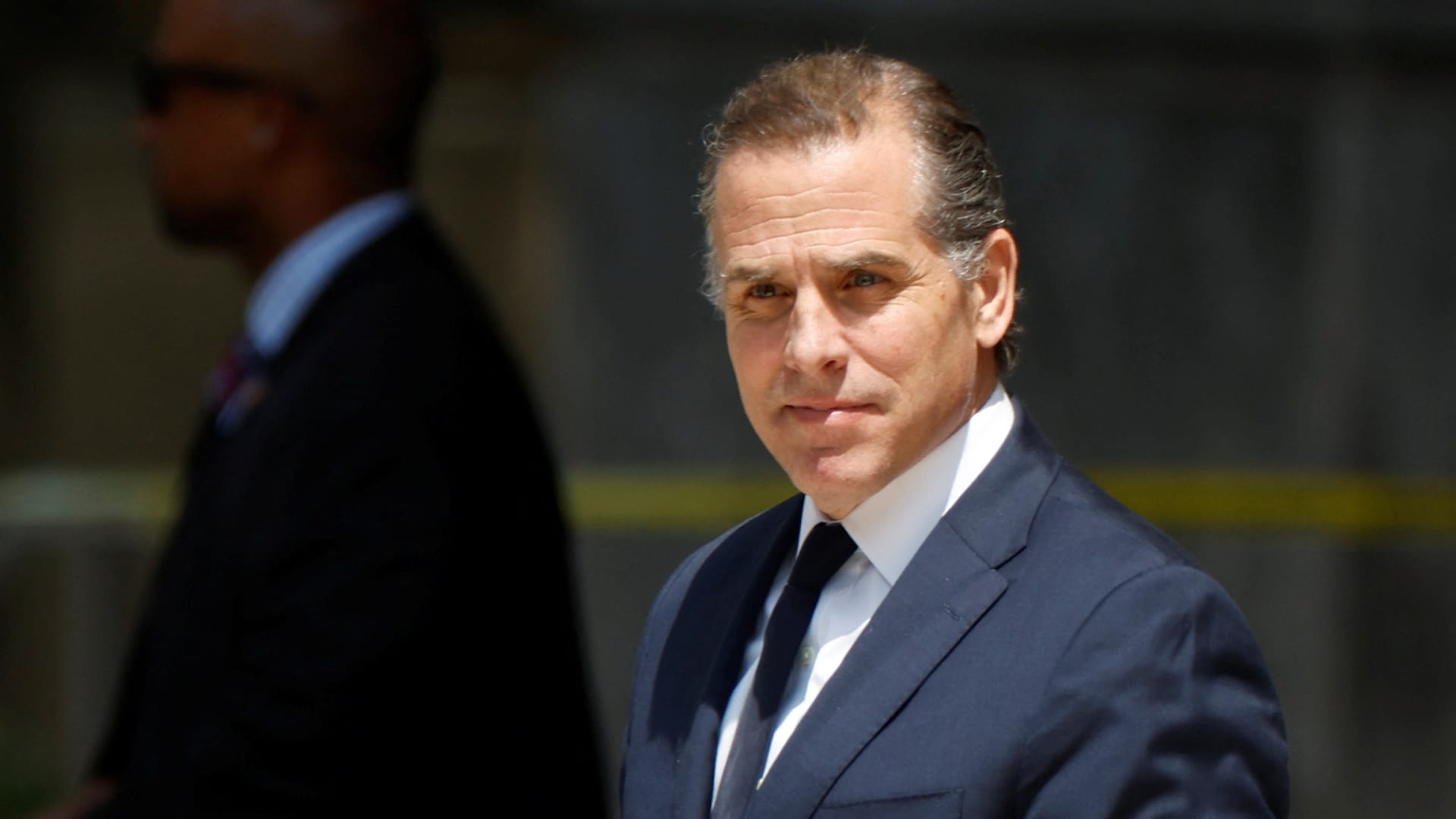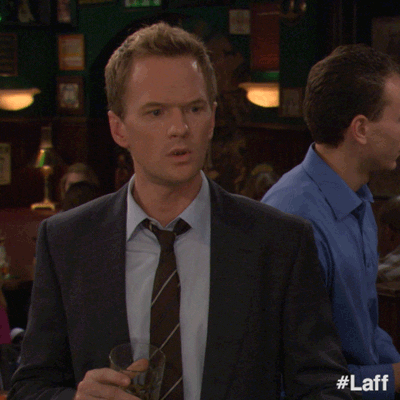
Documents in failed Hunter Biden plea agreement made public
Hunter Biden, son of U.S. President Joe Biden, departs federal court after a plea hearing on two misdemeanor charges of willfully failing to pay income taxes in Wilmington, Delaware, July 26, 2023.
Jonathan Ernst | Reuters
The plea agreement that blew up last week during Hunter Biden’s court appearance was made public Wednesday, revealing new information about the tax and gun charges involving the president‘s son.
The documents, which U.S. District Judge Maryellen Noreika made public at the request of NBC News, provide detailed accounts of the cases surrounding the criminal charges, with fact sets that were agreed to by Biden’s lawyers and federal prosecutors in Delaware.
The plea deal called for Biden to plead guilty to two counts of failing to pay his taxes in return for prosecutors recommending a sentence of probation. A separate gun charge for illegally owning a Colt Cobra .38 Special handgun would have been dropped in two years if Biden honored the terms of what’s known as a diversion agreement.
The deal wound up being scrapped — at least temporarily — because of questions the judge raised last week in court about the proposed agreements.
“These agreements are not straightforward and they contain some atypical provisions,” Noreika said, including one that could theoretically protect Biden from other tax-related crimes.
Representatives for the Delaware U.S. Attorney’s office and Biden did not immediately respond to requests for comment Wednesday.
Attachments to the plea agreement and the diversion agreement blamed Biden’s conduct in both cases on his drug and alcohol addiction.
“Following the death of his brother in 2015, Biden relapsed and over time progressed from alcohol to abusing illegal drugs, including crack cocaine in 2016,” the joint filing says. “Nonetheless, in 2017, despite his addiction, Biden successfully entered into business ventures and landed legal clients, earning millions of dollars.”
His substance abuse issues were even worse the following year, and included a period in Los Angeles that Biden described as a “spring and summer of nonstop debauchery,” the document says. Despite the large sums of money Biden was raking in — and numerous reminders from his accountant and a business partner to pay his taxes — he failed to pay his taxes both years, and his wild spending had left him cash poor, the filing said.
Although he received $758,000 in March and April of 2019, by the next month “he’d spent almost the entire sum on personal expenses, including large cash withdrawals, payments to or on behalf of his children, credit card balances, and car payments for his Porsche,” the court filing said.
The document goes on to say that he got sober in May of 2019, and with the help of a third-party paid off about $2 million in back taxes and penalties by October of 2021.
A “statement of facts” document included in the court filing said that Biden was using crack during the period when he bought a revolver from a federally licensed firearms dealer in Delaware in October of 2018.
When he bought the gun, he had to fill out a federally mandated form asking if he uses illegal narcotics. “Biden answered ‘no,’ even though he was a user of and addicted to crack cocaine at the time,” the court filing said.
He wound up possessing the gun for 11 days, and during that time “he purchased and used crack cocaine regularly,” the filing continued. The gun was later found in his car along with drug paraphernalia, and was “subsequently discarded in a trashcan outside a supermarket in Greenville, Delaware.”
Under the terms of the diversion agreement, Biden would be barred from ever buying or possessing a gun again.
The diversion agreement says that “the United States agrees not to criminally prosecute Biden, outside of the terms of this Agreement, for any federal crimes encompassed by the attached State of Facts.”
Legal experts told NBC News the agreement appears to only guarantee Biden won’t be prosecuted for possession of a gun while using drugs or the tax related conduct encompassed in the separate plea agreement for those charges.
During the hearing last week, Noreika said she was deferring on whether to accept the plea until she got more information from the two sides, who have been asked to address the Trump-nominated judge’s concerns and file responses in the coming weeks.
The rejected deal came as Republicans have blasted the proposed plea agreement as a “sweetheart” deal.
On Monday, a trio of House Republican committee chairmen announced that they are investigating the circumstances of the plea agreement, including the provisions Noreika expressed concerns about. They called the agreement “unusual” and said they believe the Justice Department “has provided preferential treatment toward Mr. Biden in the course of its investigation and proposed resolution of his alleged criminal conduct.”

